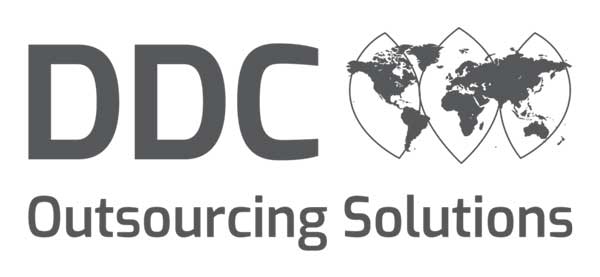Modern Consumers Demand More
There has never been as much choice as there is today; the world of e-commerce has ballooned, which means that there are seemingly endless options at the click of a button. The pandemic has only accelerated this trend, and, as a result, some of the best-known brands globally have seen a considerable peak in sales. For example, in September 2021, Boohoo reported a record £976 million in sales over the previous six months.
Competition is tough, so retailers must make sure that they meet consumers’ current needs and even the future needs they don’t yet know they want. Additionally, modern customers are increasingly concerned with the environment and sustainability. Developing an offering covering all these bases is taxing on retailers’ resources, particularly for less established brands. Consequently, retailers are turning to partnerships more than ever before in order to resolve these challenges.
Collaboration is the Key
There are multiple benefits to partnerships that can help us manage the biggest challenges set to hit retail in the coming years:
- Recruitment, Floor Space, and Infrastructure.
One challenge that every organisation is up against is finding enough skilled people to facilitate the number of roles available. For example, it has been commonplace for some companies to partner with department stores or other retailers by utilising some of their store space to sell products. This means that existing staff are upskilled to be able to support a level of customer queries for partners.
Another way to tackle recruitment challenges is to partner with an outsourcing organisation, such as DDC OS. Slight sales puns aside, outsourcing has been a huge supplier of customer services for many years, giving brands strategic insight and access to a skilled workforce, all without the pains of resources and intricacies of contact centre management.
Back to physical retail space, despite high street struggles, we still see mega supermarkets appear on what sometimes feels like a weekly basis. Interestingly though, we are witnessing the collaboration of brands sharing floorspace (or what is known as brick-and-mortar benefits) and, in turn, footfall, infrastructure and setup costs. Take Asda and Greggs, for example, which became the first supermarket to open the bakery goods counters within its own stores. There’s no doubt we’ll see more and more of this in the coming years.
- Technology
The challenges of keeping up with the fluid world of technology are plain to see. The sheer cost of reimagining your tech offering every few years is enough to scare even the most established organisations – the cost of not investing is even scarier. So, to help share this burden, we see a rise in collaborations:
Take Virgin Media and O2 – a broadband giant and a mobile giant, working together to offer customers the ultimate bundle. Rather than competing and investing huge sums to do so, together, their offering has sent ripples through the telecoms market.
Taking a more physical view of how technology partnerships can work, we shift our gaze to the US, where Walmart and Verizon have joined forces. The 5G rollout is well underway, and what would be a costly release for Walmart in its superstores is instead handled by their mobile partner, who in turn benefits from more users and exposure thanks to Walmart’s customer base; a win-win.
- Brand building for specific demographics.
We have all become increasingly more aware of the impact our actions are having on the planet. For some brands, attaining a green image is a vast and costly task, yet there is hope in the shape of collaboration.
Roll back the years, Body Shop was making waves in the cosmetics industry. By highlighting how ethical they were, they, in turn, were displaying how lacking some cosmetic firms were with their own practices (at least in the eye of the customers). Impressed by their work, L’Oréal bought Body Shop in a huge deal, in turn showing a massive investment in ethical cosmetics and gaining an existing customer base and chain of stores. Natura have of course since purchased the Body Shop brand from L’Oréal.
Ok, maybe a buyout isn’t the best example of collaboration. But, as ‘environment’ and ‘sustainability’ continue to gain airtime in boardrooms up and down the land, we see new articles every day highlighting the latest projects and partnerships.
Take Tony’s Chocolate – their passion for improving the supply chain in the cocoa industry is inspiring. Aldi, possibly the UK’s biggest disrupter in the supermarket game, has partnered with them by first joining Tony’s Open Chain, which facilitates their supply chain’s goal. This was then followed by launching a chocolate bar partnership with them, the first in the UK.
So, if you’re looking to increase your green credentials and appeal to conscious customers, ask yourself, who can I partner with?
In a post-Covid world (still an uncertainty even today), things will continue to change quickly and remain challenging, and handling this as a retailer, regardless of size, will be testing. Therefore, partnerships are more appealing than ever.
Collaboration felt like the ideal place to conclude this short blog series. We hope you have enjoyed the topics covered; we’d love to hear your take on any of the areas important to you. Moreover, we’d love to hear about your services that will help take retail forward.
As we continue to develop in the wonderful world of retail, we will share more thought pieces with you. Why not get involved?
With thanks,
Team DDC.
~




